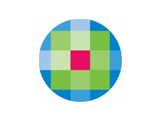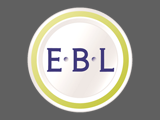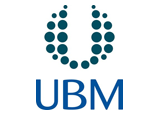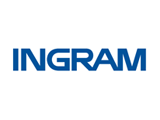Wolters Kluwer Health announced today a partnership with FX Conferences to provide easy access to thousands of hours of FX Conferences expert audio recordings designed for pharmaceutical, medical device, biotechnology and other healthcare related industries. Through the partnership, FX Conferences resources will be accessible from the OvidSP platform, one of the world’s leading information search platforms for the medical and healthcare communities.
The recordings provide users with current information on federal requirements, approval processes, and legal developments, along with practical guidance specifically for professionals in a variety of corporate industries. Topics have a global appeal and are relevant for multiple departments—R & D, Market Research, Compliance, Product Development, and more.
“We’re delighted that FX Conferences has chosen to partner with Wolters Kluwer Health,” said Andrew Richardson, Vice President of Business Development at Wolters Kluwer Health Medical Research. “Their unique selection of conference recordings complements and enriches the resources Ovid offers its corporate customer base, and provides a convenient way for global users to stay current on various US industry proceedings.”
“Wolters Kluwer Health offers us an exciting distribution channel to a broad, global customer base,” said Andres Heuberger, President of FX Conferences. “Now, with our content available on the OvidSP platform, we can help enable executives and specialists in R&D, product development, quality assurance, compliance, and other areas to stay current on the latest information to make critical product and regulatory decisions quickly.”
Each of the recordings consists of a 45-minute, telephone-based presentation delivered by expert international speakers, followed by a 15-minute question-and-answer session. Ten recordings are grouped into 10 topic- and industry-specific collections and are available to Ovid customers with and without transcripts. The following collections are now available via OvidSP:
Topics in Regulatory Affairs-Pharmaceuticals
Topics in Clinical Trials-Pharmaceuticals
Topics in Quality Assurance-Pharmaceuticals
Topics in Biotechnology
Topics in Regulatory Affairs-Medical Devices
Topics in Clinical Trials-Medical Devices
Topics in Quality Assurance-Medical Devices
Topics in Food & Beverage Industry
Topics in Legal Affairs
Topics in HR, Leadership, Training, and Development






























